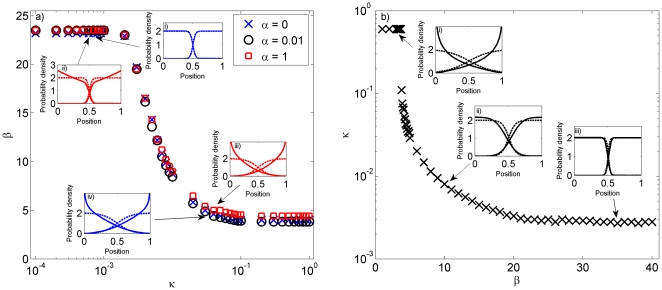Figure 5. Comparison with a previous model of territory formation.
The parameter  from the reaction-diffusion model introduced in [9] (see also main text) is compared with the parameters
from the reaction-diffusion model introduced in [9] (see also main text) is compared with the parameters  and
and  from the 1D analytic model introduced here. Panel (a) shows the
from the 1D analytic model introduced here. Panel (a) shows the  -value that gives the best-fit animal marginal distribution curve for each given value of
-value that gives the best-fit animal marginal distribution curve for each given value of  and
and  . The insets compare the probability distributions for particular values of
. The insets compare the probability distributions for particular values of  and
and  , where the solid lines represent our model and the dashed lines the reaction-diffusion model. The values used are (i)
, where the solid lines represent our model and the dashed lines the reaction-diffusion model. The values used are (i)  ,
,  , (ii)
, (ii)  ,
,  , (iii)
, (iii)  ,
,  , (iv)
, (iv)  ,
,  . Panel (b) shows the best fit
. Panel (b) shows the best fit  -value for a given
-value for a given  . The
. The  -values used for the insets are (i)
-values used for the insets are (i)  , (ii)
, (ii)  , (iii)
, (iii)  . Low values of
. Low values of  always give a better fit to a given marginal distribution from the reaction-diffusion model than higher values and do not affect the value of
always give a better fit to a given marginal distribution from the reaction-diffusion model than higher values and do not affect the value of  that gives the best fit. Therefore we set
that gives the best fit. Therefore we set  when performing the fitting for panel (b). Low values of
when performing the fitting for panel (b). Low values of  and
and  together with high values of
together with high values of  tend to give rise to good fits, but outside this range the two models show quite different results.
tend to give rise to good fits, but outside this range the two models show quite different results.

